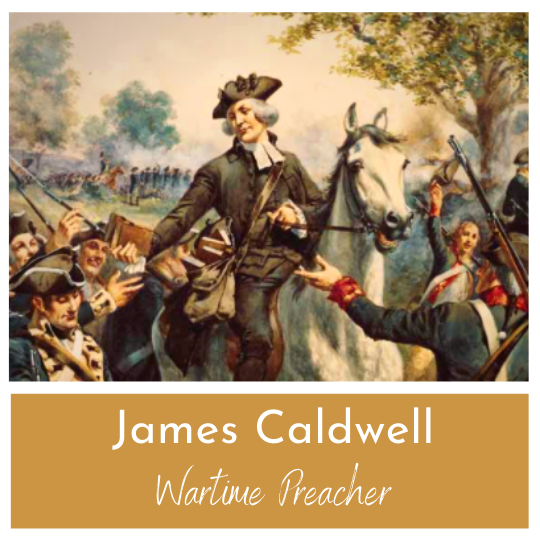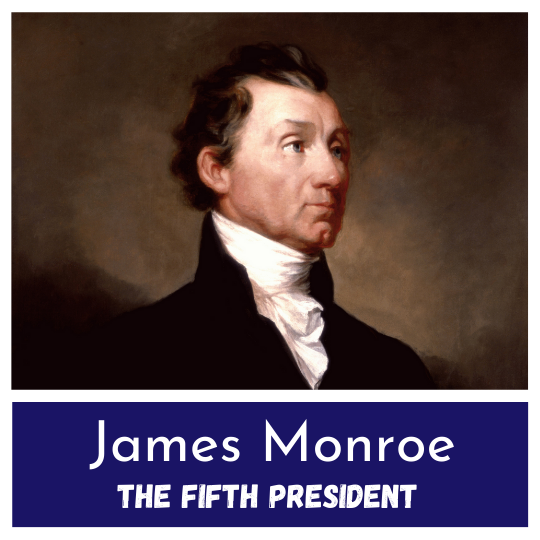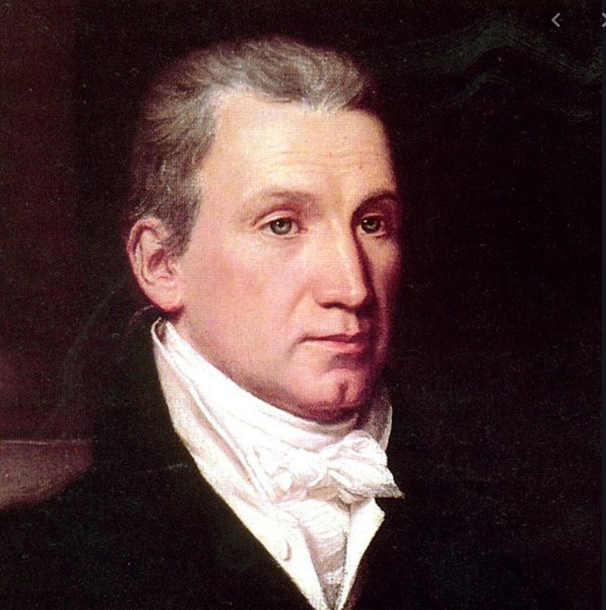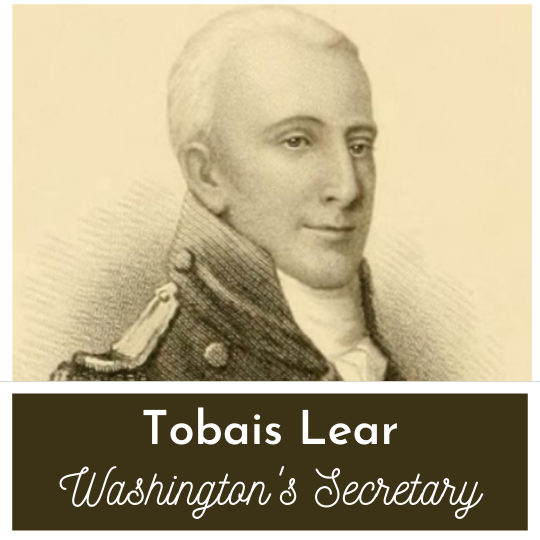That Time James Monroe Publicly Criticized Washington's Foreign Policy
When President Washington recalled James Monroe from France, the latter became one of the few politicians to criticize George publicly.
He was also one of the few whose career benefited from the risk.
Trouble in France
By the Spring of 1794, France was in the middle of the French Revolution.
The US Ambassador, Gouverneur Morris, had ruffled quite a lot of feathers and France demanded he be recalled.
President Washington realized the best remedy for this situation was to send an Ambassador that everyone knew was a friend of the French.
His choice was Senator James Monroe.
Minister Monroe
Monroe had become a leading Anti-Federalist a few years earlier during the constitutional ratification debates.
Though he had conceded defeat and begun working in the Federal Government, James continued as one of the loudest critics of Federalist policies.
It was for just this reason that Washington chose him to act as the Fifth Minister to France.
The Jay Treaty
Monroe arrived in France just as John Jay was completing the Jay Treaty with England.
Much like the French, James did not like this Treaty.
After less than two years as Minister, Washington became disgruntled with Monroe for not publicly defending the Jay Treaty in France with enough vigor and for a perceived lack of attention to the claims of private citizens against France.
Monroe was recalled and replaced by Charles Coatsworth Pinckney.
A View of the Conduct of the Executive
James remained in France for about a year before he returned home.
When he arrived in the United States he published a book titled A View of the Conduct of the Executive, in the Foreign Affairs of the United States, Connected with the Mission to the French Republic, during the Years 1794, 5, & 6.
Printed by Benjamin Franklin Bache in late 1797, A View was a public defense of Monroe’s behavior as well as offered heavy criticism for the by-now-former President Washington, something that was very rarely done.
Washington’s Response
Shortly after publication, George Washington read a copy from his retirement in Mount Vernon.
Interestingly, Washington wrote comments in his defense (and attacking Monroe) throughout the text.
It seems that George did not expect anyone to ever read these comments, but the book was eventually passed on by his nephew Bushrod.
Washington lets his famous temper show as he defends himself. Furthermore, he offers strenuous criticisms regarding the character of Monroe, who would himself sit as Chief Executive of the United States two decades later.
James Monroe has been featured in many articles I have written.
Here are a few of my favorites:
James Monroe at War - The Youthful Service of a Future President
Madison Beats Monroe - The Small Election with Big Implications
7 Important Events in James Monroe’s Life
There are lots of books about this surprisingly underappreciated American President.
Although many have been called the last Founding Father, Harlow Giles Unger’s book makes a compelling case.
If you’d like a copy you can pick one up through the Amazon affiliate link below (you’ll support this site, but don’t worry, Amazon pays me while your price stays the same).
Want to get fun American Revolution articles straight to your inbox every morning?
Subscribe to my email list here.
You can also support this site on Patreon by clicking here.






